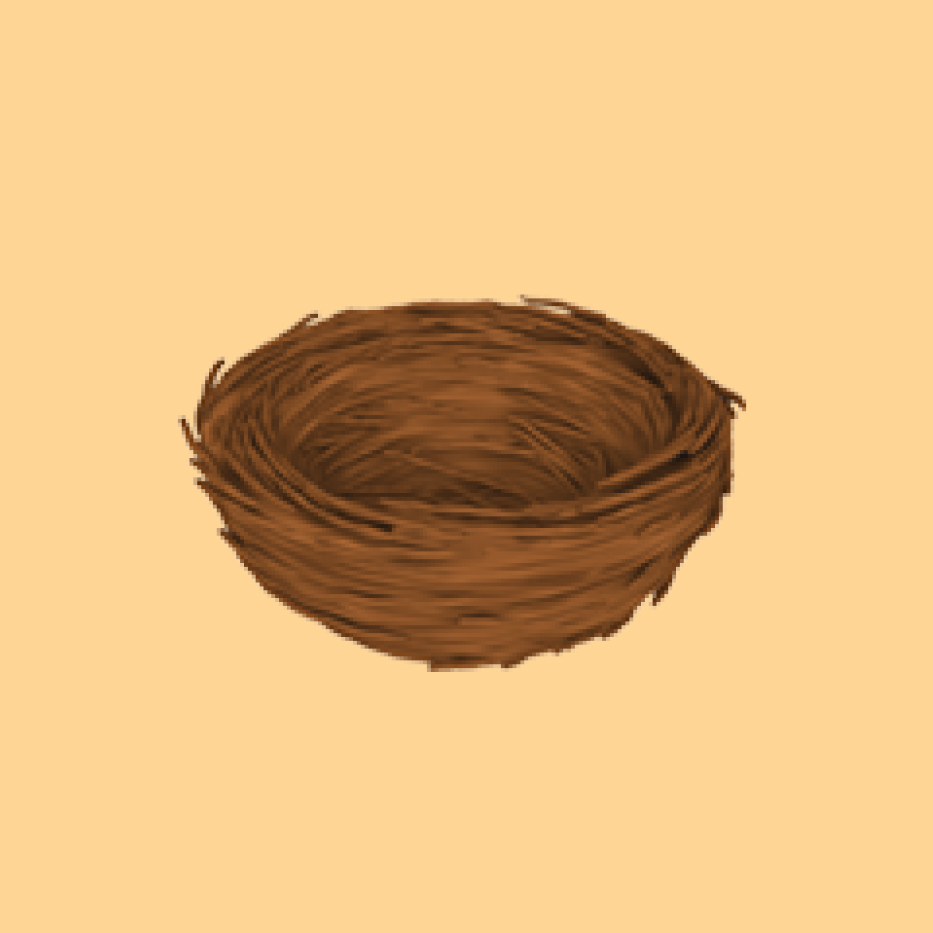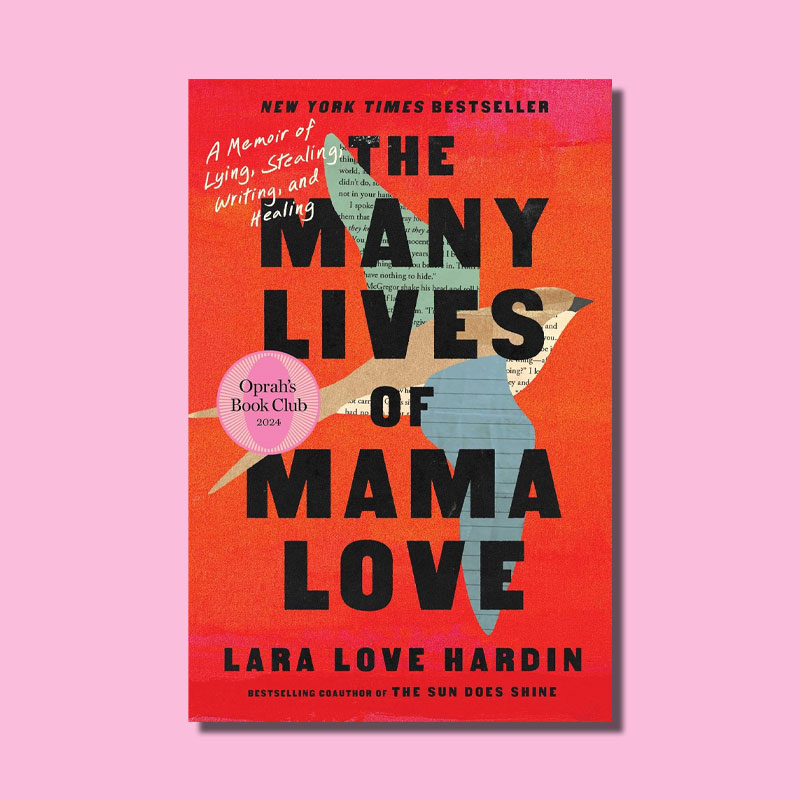What is a synecdoche? | | A sports team might be called by its city or mascot, but those aren't only nicknames. They're also examples of a figure of speech called "synecdoche." Learn how you probably use this device every day. | |  | Bennett Kleinman |
|
| |  | | W hen reading the morning paper's sports section, you might see a headline that reads "New York Beats Boston." Or after accidentally cutting yourself, you might shout, "I need a Band-Aid!" Both of these seemingly unrelated instances are examples of synecdoche (pronounced "sin-EK-doh-kee"), a figure of speech that's used in one of two ways. A macrocosm synecdoche is when a larger part is substituted for smaller divisions, and a microcosm synecdoche is when a smaller part is used to refer to a larger whole,. Without context, a synecdoche can seem confusing and incomplete, but with context, it can be an effective communication tool.
The Middle English term "synodoche" comes from a circa 1450 translation of the Old Testament, where its meaning was essentially the same as it is today. The modern English spelling appeared in The Worthy Communicant (1660) by Bishop Jeremy Taylor.
Using the brand name Band-Aid to refer to a bandage in general is an example of a microcosm synecdoche, where you use a very specific example as a stand-in for a larger category. Another example of a microcosm synecdoche is when you're given the choice of "paper or plastic" while shopping. Even without mentioning the word "bag" it's understood that the full question is asking the customer if they would prefer their groceries be packed in a paper bag or a plastic bag.
The fictitious newspaper headline "New York Beats Boston" is a macrocosm synecdoche, where a whole describes a small part. Here, the sports editor chose to use broader city terms to describe specific sports teams that play in each place. The abbreviated synecdoche remains clear given the overall context, and it fits more neatly than "The New York Yankees Beat the Boston Red Sox in Last Night's Baseball Game."
Be careful to avoid confusing a synecdoche with a metonymy, which is a similar but distinct grammatical concept that we'll cover soon in an upcoming edition — stay tuned. |
| | Continue reading | |  |
| |
| | Advertisers help keep Word Smarts free | |
Emoji Decoded | |  | | Empty Nest | | | Meaning: Depicts a vacant bird's nest, often symbolizing emptiness, departure, or transition periods in life.
Evolution: The 🪹 emoji was added to Emoji 14.0 at the same time as the Nest with Eggs 🪺. It's usually not intended to mean a literal nest, but instead represents the metaphorical meaning of parents whose children have left home.
Usage: [Parent posting to Facebook about their child going to college:] First day of being an empty nester 🪹 🥹 |
|
 | | Empty Nest | | | Meaning: Depicts a vacant bird's nest, often symbolizing emptiness, departure, or transition periods in life.
Evolution: The 🪹 emoji was added to Emoji 14.0 at the same time as the Nest with Eggs 🪺. It's usually not intended to mean a literal nest, but instead represents the metaphorical meaning of parents whose children have left home.
Usage: [Parent posting to Facebook about their child going to college:] First day of being an empty nester 🪹 🥹 |
|
| |
Have you read? | |  | | The Many Lives of Mama Love | | By Lara Love Hardin | | I prefer audiobooks to physical books (controversial, I know), and this memoir is read by the author. It gave the story so much depth because you could sense her genuine emotions. It's a memoir about addiction, the prison system, recovery, and family (given and chosen). It pulls you in right from the beginning and is a fantastic redemption story. | | | | Kelsey Morrison, Optimism Editor, Home & Lifestyle | | | | We independently evaluate all recommended products and services. If you click on links we provide, we may receive compensation. |
|
 | | The Many Lives of Mama Love | | By Lara Love Hardin | | I prefer audiobooks to physical books (controversial, I know), and this memoir is read by the author. It gave the story so much depth because you could sense her genuine emotions. It's a memoir about addiction, the prison system, recovery, and family (given and chosen). It pulls you in right from the beginning and is a fantastic redemption story. | | | | Kelsey Morrison, Optimism Editor, Home & Lifestyle | | | | We independently evaluate all recommended products and services. If you click on links we provide, we may receive compensation. |
|
| |
| | Advertisers help keep Word Smarts free | |
|
![]()
![]()
![]()
![]()
0 Comments:
Post a Comment
<< Home